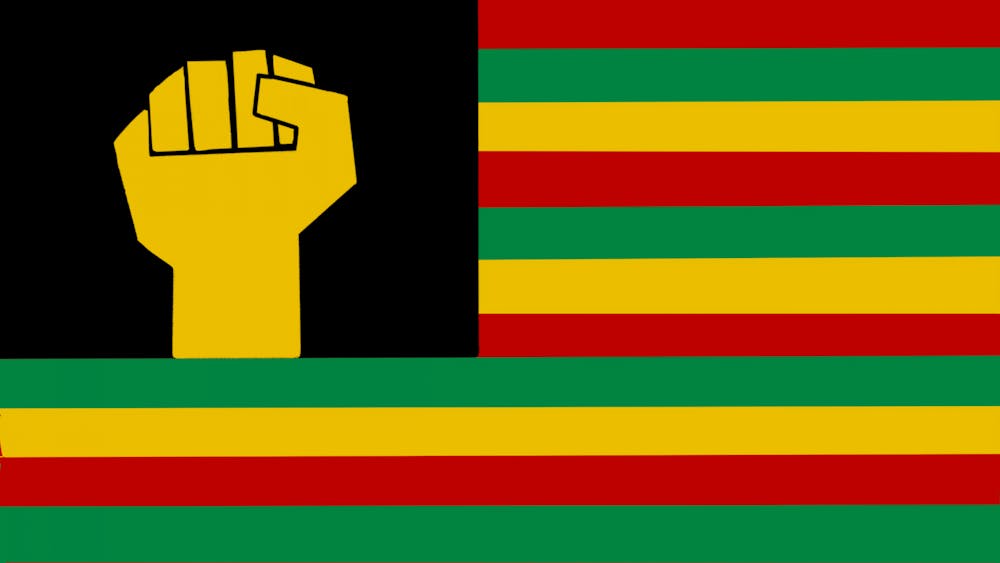From Sojourner Truth to Chadwick Boseman, Black History Month serves as a time for celebration of Black culture and identity. Since its inception in 1915, Black History Month has been celebrated all across the world.
“Black History Month, to me, means celebrating the excellence, diversity, adversity and everything that is Black,” freshman Joa’Quinn Griffin said.
While Black History Month is a dedicated time to celebrate Black people and our efforts, the celebration should continue all year round, as Black people’s achievements and successes are not limited to the 28 days of February.
“I always had a question of why Black History Month is the shortest month of the year,” Griffin said. “Black History Month has so much importance on the nation itself and 28 days, sometimes 29, is not nearly enough.”
Black History Month places a limit on the celebration of the deep history of Black people, freshman Autumn Stringer said
“As an event coordinator for the Union Board, I am always pushing Black History to be celebrated in March, January and all year round,” Stringer said. “Confining Black History to one month has been socially constructed, and I believe it to be sad Black people have to condense our deep history to one month.”
Carl Darnell, assistant dean for diversity, equity and inclusion for the School of Education, said Black history should be celebrated during the entire year.
“I classify it as Black History Months because I have a general feeling and a passion for Blackness and celebrating,” Darnell said. “I think every day is a celebration. I want somebody to be able to look at the things I am doing and have impacted, and say ‘Let me recognize these Black folks.’”
Not only is Black History Month the shortest month of the year, the true history of being Black in America is not being taught enough within the education system.
This month of celebrations is not solely for Black people to participate in, but non-Black people are not joining in on the celebration as much as they should.
“I have often read and learned about the Holocaust and Anne Frank, but not as much on Black historyand what has happened here in America,” said Griffin. “We do not talk enough about what made America and this is because the majority, white men, are the ones who have done the most damage.”
The United States and its institutions must continue to honor and celebrate Black people and our contributions, and they must not do so solely during the month of February, Darnell said.
“What Indiana University can do is strategically identify ways to deconstruct the systems and structures which uphold caste ideologies,” Darnell said. “From there, the university needs to be more accepting, warm, and involving African American people when it comes to enrollment, curriculum, financial systems, and every and all parts for the university to pursue diversity, equity and inclusion when it comes to things that are Black.”
IU can do a better job of ensuring accessibility for Black events and how non-Black people can uplift Black voices, Stringer said. Black students need to feel more visible and valued, and IU should show more support, she said.
“My worth is not in my accomplishments,” Stringer said. “All of us Black people are worthy of praise and recognition for everything we bring to the table.”
Black people deserve praise and recognition all year, and the celebration should not just be limited to those who are famously known for their achievements, Stringer said.
Acknowledge the Black people around you, every day, and do not conveniently limit these acknowledgements to the month of February.






